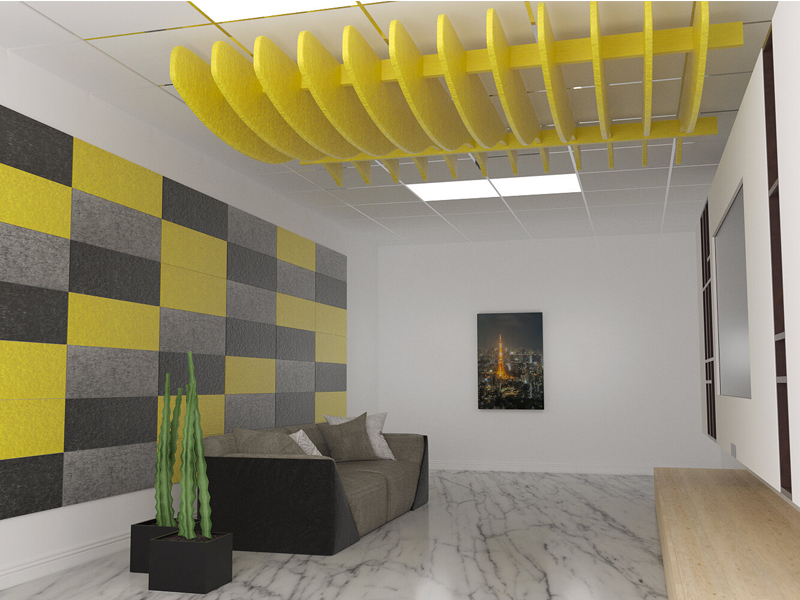Absorbing panels are just that; they absorb noise and sound. They can be found in many places around the house, often in a bedroom, to absorb sound from television or guests. Here are a few things to consider to help you pick which size would best suit your needs.

What is an absorbing panel?
An absorbing panel is a type of window treatment designed to reduce energy loss in your home. Absorbing panels work to block out light and heat, helping to save you on your energy bill. There are many different types of absorbing panels available, so it’s important to find the one that best suits your needs.
A solar absorbing panel may be the perfect solution for you if you live in a sunny location. These panels use special materials to absorb sunlight and turn it into heat, reducing the energy that enters your home through the windows. Solar absorbing panels can also help keep your home cool in the summer months by trapping sunlight and turning it into heat.
An electric blocking panel may be a better option if you have a high energy budget. These panels use special materials to block light and heat, preventing them from entering your home through the windows. Electric blocking panels can also help keep your home cooler in the summer by reflecting sunlight away from the inside.
How to Select the Right Absorbing Panel for Your Home
There are a few things to consider when selecting an absorbing panel for your home. First, the type of material the panel is made from, the size of the panel, and how thick it is will all affect its performance. Here are some tips on choosing the right absorbing panel for your home:
The first thing to consider is the material the panel is made from. Some materials are better at absorbing moisture than others. For example, absorbing panels made from cotton, hemp, or bamboo are good options because they are natural materials and absorb much moisture. In addition, panels made from synthetic materials like polyurethane or vinyl may not absorb moisture effectively because they don’t have as much capacity.
The next thing to consider is the size of the panel. If you have a large area that needs to be covered, try looking for a larger absorbing panel. Choose a LEEDINGS smaller-sized absorbent panel if you only need coverage for a smaller area. It’s also important to ensure the panel’s thickness is enough to cover what you need. For example, a thin sheet of absorbent material won’t be as effective as a thicker one at soaking up water.

